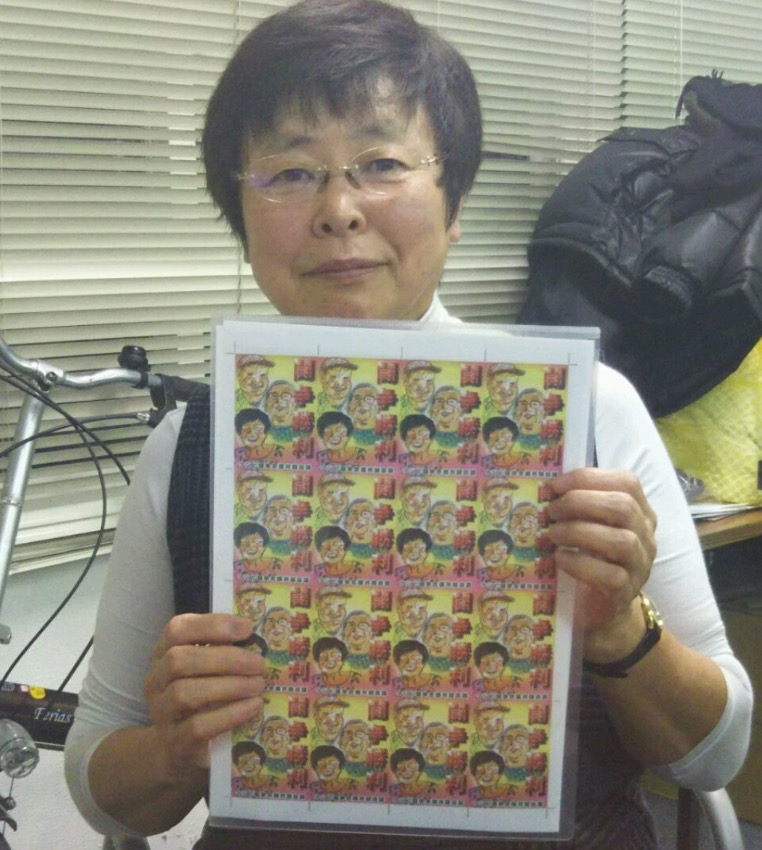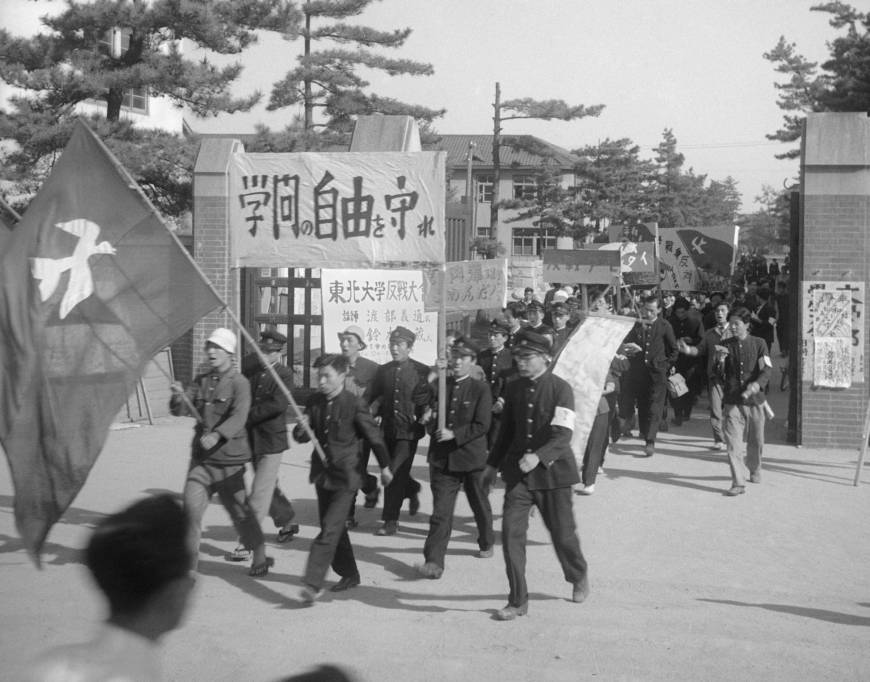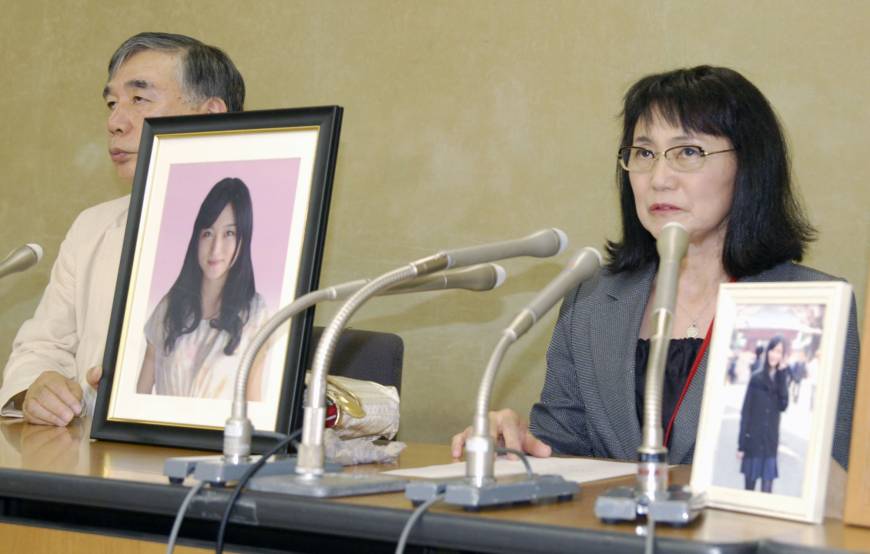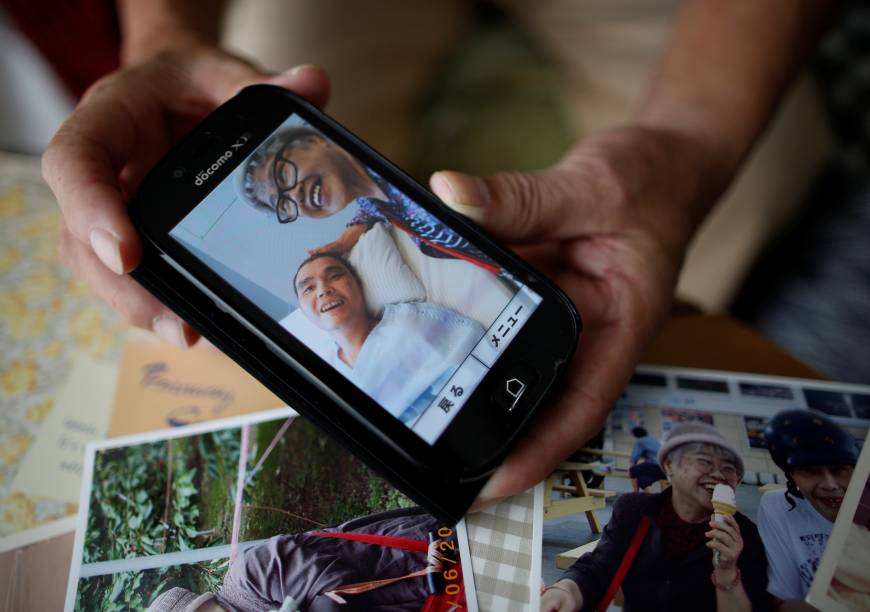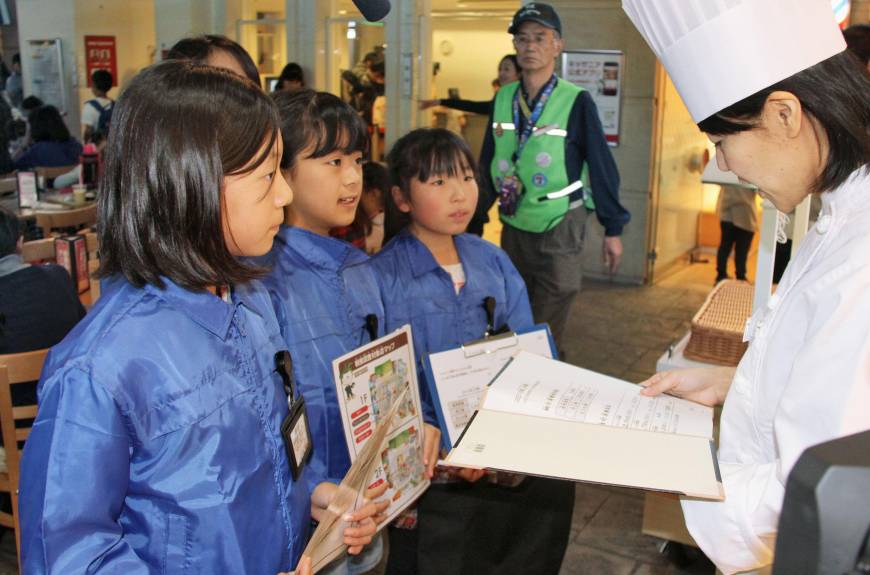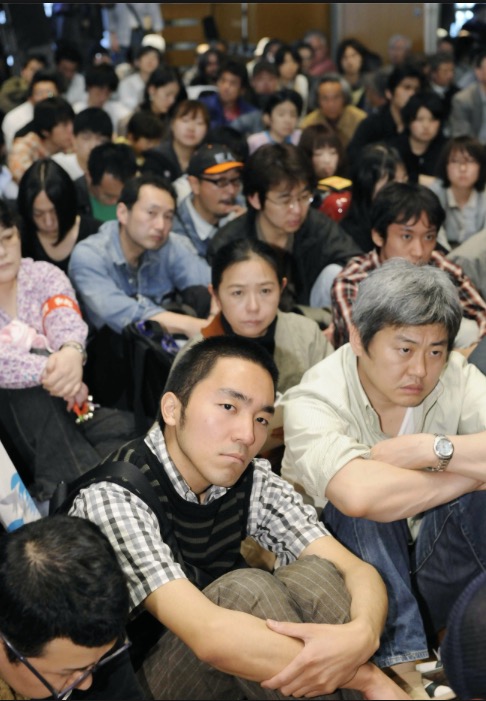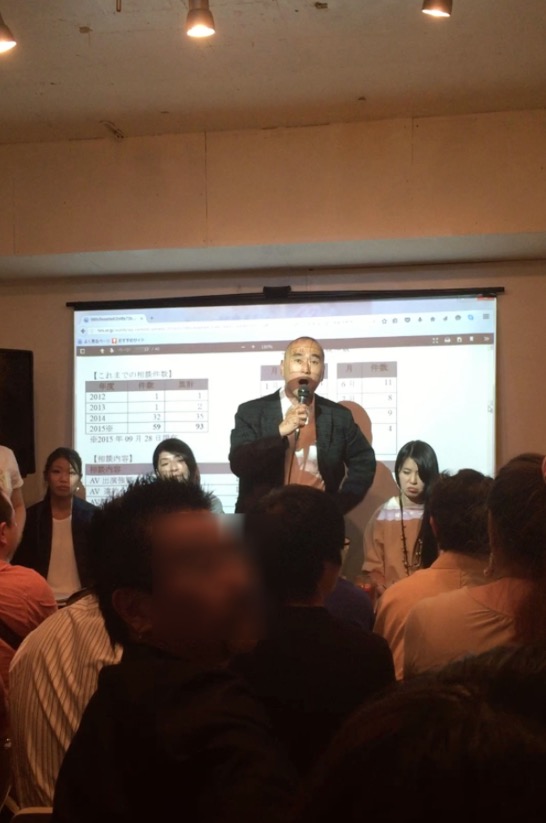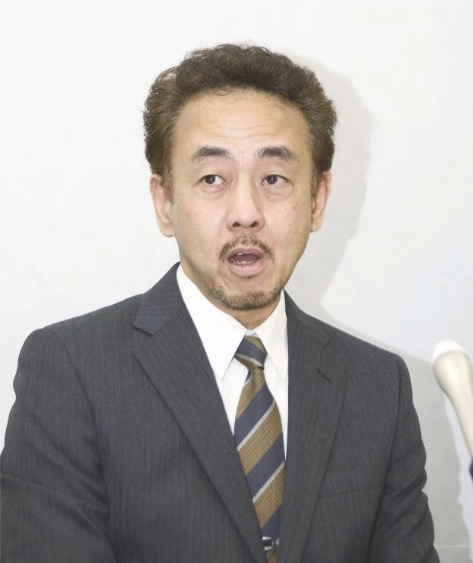The Tokyo District Court handed down its verdict in the Fujibi case last February, with the Tokyo High Court upholding it in July. On both occasions, I couldn’t believe my ears. The courts ruled that labor union Zenrokyo Zenkoku Ippan Tokyo Rodo Kumiai (Tokyo Roso) had committed defamation and damaged the creditworthiness of Fujibi, a medium-size artwork printing company.
Articles 1.2 and 8 of Trade Union Law explicitly exempt labor unions from civil and criminal liability when conducting legitimate labor union activities. This has been broadly interpreted thus far to give unions extraordinary leeway to dish out harsh criticism of their employers, whereas normally such public criticism would constitute illegal (possibly criminal) defamation (meiyo kison) or obstruction of business (gyōmu bōgai). Consumer boycotts are illegal (possibly criminal), whereas strikes by workers are protected by the Constitution, even if they hurt the business.
So these courts ruled that Tokyo Roso’s actions were not legitimate union activities. What were the actions and what led to these verdicts?

